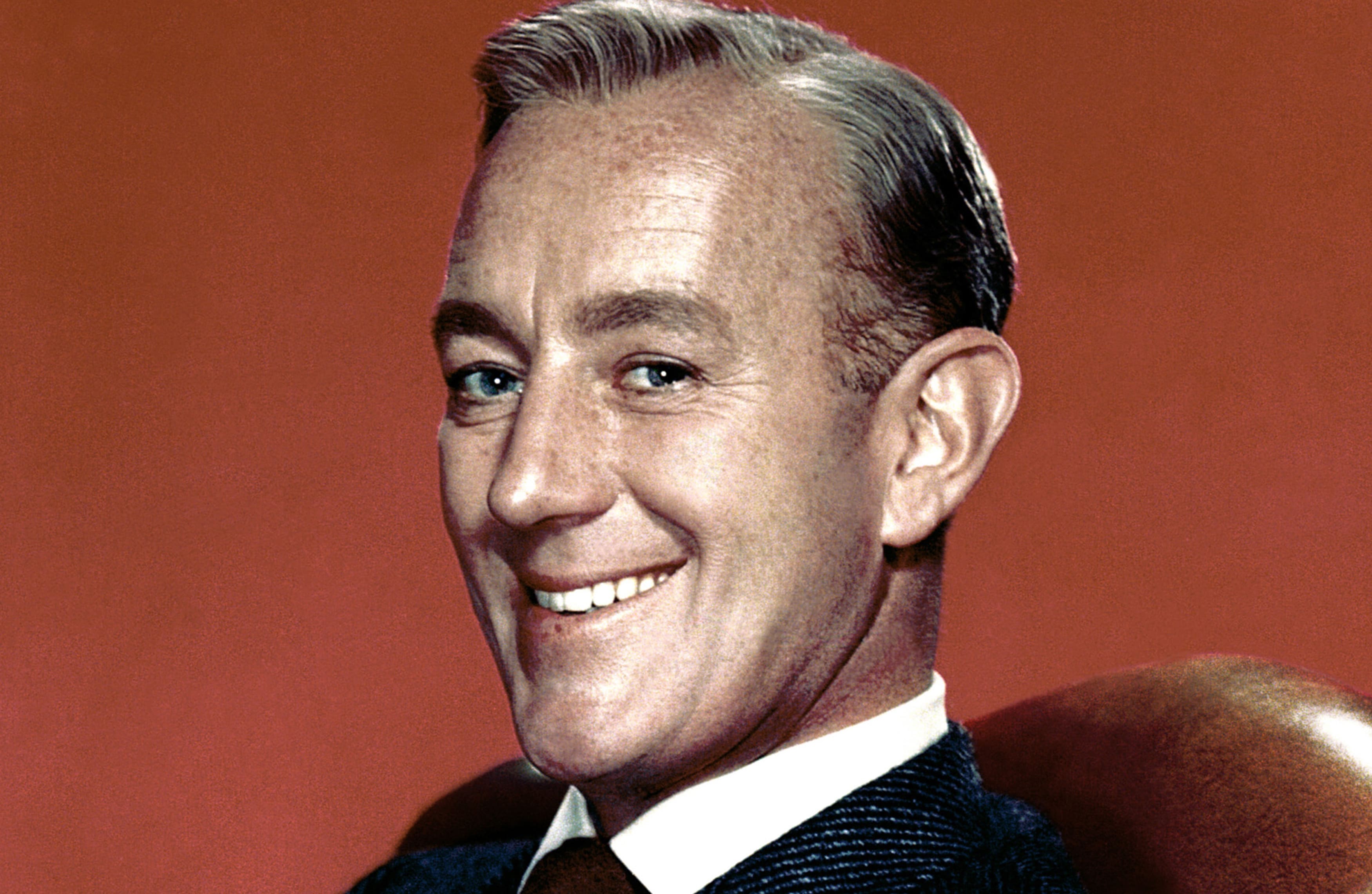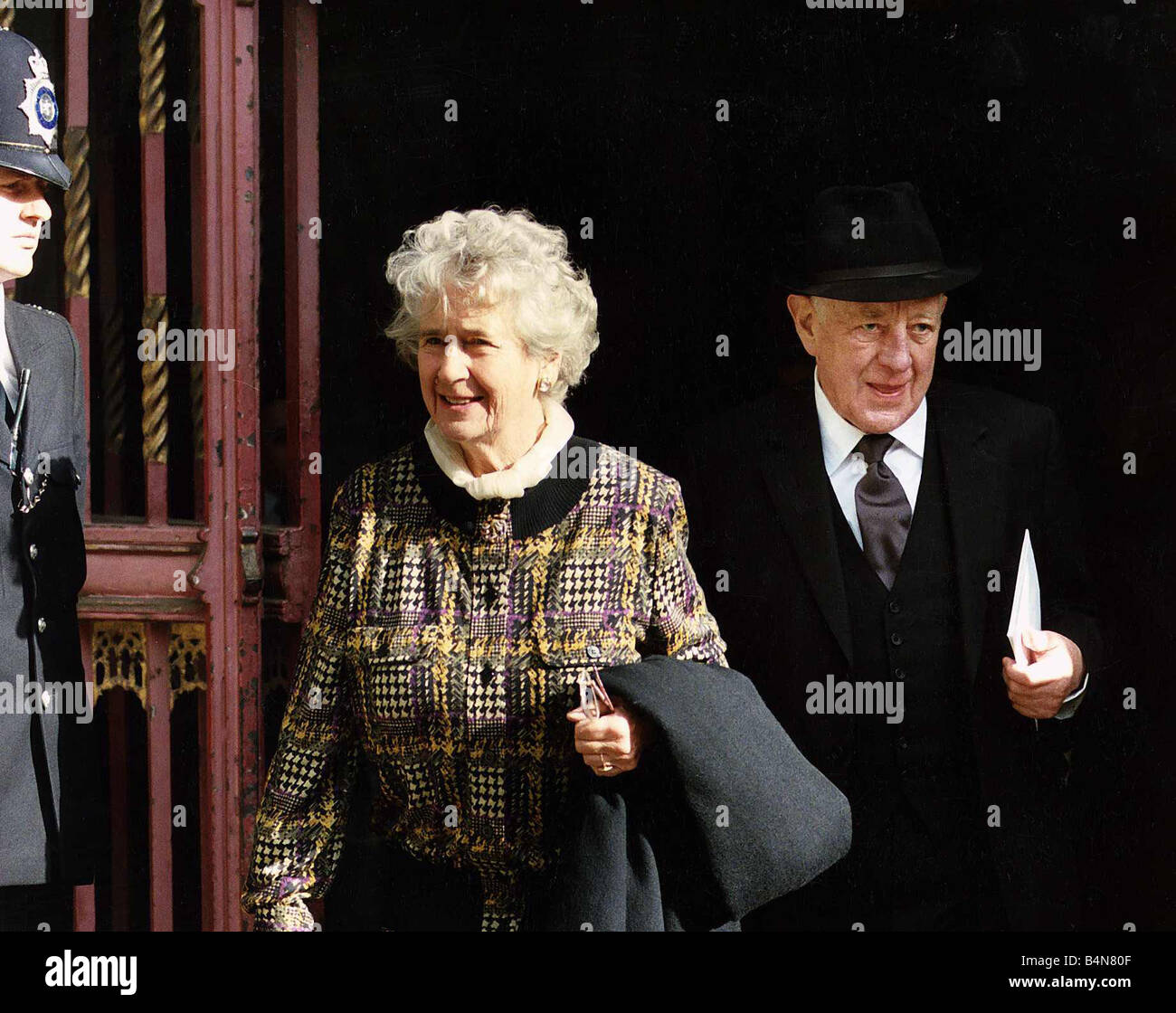Sir Alec Guinness: Master Of Transformation And Screen Legend
November 29, 2024
Sir Alec Guinness: Master Of Transformation And Screen Legend
The article “Sir Alec Guinness: Master Of Transformation And Screen Legend” explores the life and career of the acclaimed actor, providing an in-depth analysis of his remarkable abilities and the impact he had on the film industry.
Editor's Notes:
“Sir Alec Guinness: Master Of Transformation And Screen Legend” was published today to coincide with the anniversary of his birth. The article highlights Guinness's exceptional talent and versatility, making it a must-read for fans of classic cinema and aspiring actors alike.
Through meticulous research and analysis, the article delves into Guinness's diverse roles, from his iconic portrayal of Obi-Wan Kenobi in the Star Wars franchise to his critically acclaimed performances in films such as The Bridge on the River Kwai and Lawrence of Arabia. It also examines his groundbreaking techniques for character development, which enabled him to inhabit a wide range of characters with remarkable authenticity.
In addition to providing a comprehensive overview of Guinness's career, the article also offers valuable insights into the actor's personal life and influences. It explores his early experiences in theater, his military service during World War II, and his lifelong dedication to his craft.
Overall, “Sir Alec Guinness: Master Of Transformation And Screen Legend” serves as a testament to the enduring legacy of one of cinema's greatest actors. It is an essential read for anyone interested in the art of acting, the history of film, or the life of a true Hollywood icon.
FAQ
This section presents a collection of frequently asked questions (FAQs) about Sir Alec Guinness, the esteemed actor renowned for his versatility and remarkable ability to embody a wide spectrum of characters. This FAQ aims to provide a comprehensive understanding of Guinness's life, career, and legacy.

Obi Wan Kenobi (in loving memory of Sir Alec Guinness) - v1.0 | Stable - Source civitai.com
Question 1: What was Sir Alec Guinness's birth name?
Alec Guinness de Cuffe.
Question 2: Which film marked Guinness's cinematic debut?
Great Expectations (1946).
Question 3: What is Guinness most famous for?
His portrayal of Obi-Wan Kenobi in the original Star Wars trilogy and the role of Colonel Nicholson in David Lean's epic war film, The Bridge on the River Kwai (1957).
Question 4: How many Academy Awards did Guinness win?
One, for Best Actor in The Bridge on the River Kwai.
Question 5: What was Guinness's acting method?
He was known for his meticulous research, deep understanding of human psychology, and ability to inhabit his characters with authenticity.
Question 6: What is Guinness's legacy?
He is considered one of the greatest actors of the 20th century, renowned for his extraordinary range, his ability to bring complex characters to life, and his enduring impact on the film industry.
In conclusion, these FAQs provide insights into the life and career of Sir Alec Guinness, a legendary figure in the world of cinema. His versatility, dedication to his craft, and enduring legacy continue to inspire and captivate audiences.
Transition to the next article section:
Tips by Sir Alec Guinness: Master Of Transformation And Screen Legend
Offering a wealth of practical advice, these tips from the great Sir Alec Guinness can help you elevate your acting skills and make a lasting impression on your audience.

Alec Guinness - Turner Classic Movies - Source www.tcm.com
Tip 1: Study and Observe the World Around You
Guinness believed in drawing inspiration from real life experiences and people. By keenly observing the nuances of human behavior and mannerisms, you can develop a deeper understanding of characters and bring them to life with authenticity.
Tip 2: Break Down the Script
Thoroughly analyze the script to grasp its underlying themes, motivations, and conflicts. Identify the key moments and turning points in the story, and understand how your character contributes to the overall narrative.
Tip 3: Embody the Character's Physicality
Beyond dialogue, physicality plays a crucial role in conveying emotions and establishing a character's identity. Study the character's posture, gait, and mannerisms to create a fully realized physical presence.
Tip 4: Embrace the Power of Gesture
Guinness emphasized the importance of purposeful gestures that enhance characterization. Use your hands and body to express emotions, emphasize dialogue, and create a dynamic on-screen presence.
Tip 5: Collaborate with Others
Acting is a collaborative process. Engage with your fellow actors, director, and crew members to exchange ideas, build relationships, and create a harmonious working environment.
Key Takeaways:
- Immerse yourself in the real world for inspiration.
- Understand the script's intricacies.
- Develop a strong physical presence.
- Use gestures to enhance characterization.
- Embrace collaboration.
By incorporating these tips into your acting practice, you can elevate your performances and pay homage to the legacy of Sir Alec Guinness, a true master of transformation and screen legend.
Sir Alec Guinness: Master Of Transformation And Screen Legend
Sir Alec Guinness, a renowned English actor, left an indelible mark on the film industry with his unparalleled ability to transform himself into a range of unforgettable characters. His versatility and dedication to his craft earned him the reputation as a "master of transformation" and solidified his status as a screen legend.

Sir Alec Guinness actor October 1989 Stock Photo - Alamy - Source www.alamy.com
- Unparalleled Versatility: Guinness's ability to portray vastly different roles, from the humble Father Brown to the enigmatic Obi-Wan Kenobi, showcased his extraordinary range.
- Meticulous Characterization: Guinness's characters were meticulously researched and developed, bringing depth and authenticity to each performance.
- Physical Transformation: Beyond his emotional transformations, Guinness also underwent significant physical changes, such as for his iconic roles in "The Bridge on the River Kwai" and "Lawrence of Arabia".
- Collaboration and Innovation: Guinness actively collaborated with directors and fellow actors, embracing new techniques and ideas to enhance his performances.
- Critical Acclaim: Guinness's talent was recognized with numerous awards, including an Academy Award, a Golden Globe, and a BAFTA.
- Enduring Legacy: Guinness's films continue to captivate audiences, inspiring future generations of actors and filmmakers.
Guinness's profound understanding of human nature and his unwavering commitment to his craft allowed him to transcend the boundaries of acting. His characters were not mere imitations but fully realized individuals, leaving an enduring impact on audiences and cementing his status as a true master of transformation and a screen legend.

originaltrilogybts: Sir Alec Guinness (Obi Wan... | poncho-honcho - Source poncho-honcho.tumblr.com
Sir Alec Guinness: Master Of Transformation And Screen Legend
Sir Alec Guinness was a British actor who starred in over 100 films. He was known for his versatility and ability to transform himself into a wide range of characters.

Alec Guinness 2000 - Source ar.inspiredpencil.com
Guinness was born in London in 1914. He began his acting career in the theater, and made his film debut in 1934. He quickly became one of the most popular actors in British cinema, and starred in a number of classic films, including Great Expectations (1946), The Lavender Hill Mob (1951), and The Bridge on the River Kwai (1957).
In the 1960s, Guinness began to work more frequently in Hollywood. He starred in a number of iconic films, including Lawrence of Arabia (1962), Doctor Zhivago (1965), and Star Wars (1977). He won an Academy Award for Best Actor for his performance as Obi-Wan Kenobi in Star Wars.
Guinness continued to act until his death in 2000. He is considered one of the greatest actors of all time. He was a master of transformation, and was able to create a wide range of characters that were both believable and memorable.
0 komentar